Podcast: Play in new window | Download
Subscribe: Apple Podcasts | Spotify | RSS
Produced by Wayne Hall and Jeffrey Crecelius
The latest video single release:
The album has also been hitting charts worldwide, find a selection of them below:
#7 German Album Charts
#20 UK Album Charts
#1 UK Rock Album Charts
#5 Swiss Album Charts
#8 Japanese International Weekly Charts
#23 French Physical Album Charts
#37 Belgian National Album Charts
#54 Dutch Album Charts
#60 Italian Album Charts
This week:
It was a great pleasure to speak to another dedicated Yes fan this week and one who has had the privilege to be involved with the new album, The Quest. Paul K Joyce provided the orchestrations for a number of the songs on the record and worked closely with Steve Howe as producer.
Paul takes us through the story of how this all came about as well as his Yes story and some of the remarkable and unexpected turns his career has taken. Prepare yourself to hear about Tangerine Dream, Noddy, Bob the Builder, Time by Steve Howe and more in a delightful interview.
It’s another deeply hidden part of the Yesstory and one which Mark and I enjoyed finding out about enormously. I hope you also find it an interesting diversion.
- What was Paul’s million-selling single?
- How did a biology student end up composing orchestral arrangements for The Quest?
- Is Paul a Yes fan?
Listen to the episode and let us know what you think!
Paul’s suggested links to his music:
We Will Remember (We Can’t Forget) – commissioned by the BMA 2021:
The Air (from ‘Celestial’):
The Snow Queen (Spotify):
Some ‘other’ music…
Lobate Scarp’s new album – get involved with Billy Sherwood and Jon Davison:
If you would like to support the Yes Music Podcast financially and also have access to exclusive activity and opportunities, there is a special page you can use to sign up and 2020 is the time to join us:
Bag yourself a fabulous piece of YMP history before it’s too late…
Head over to the YMP Emporium to…
- Order a YMP Trivia Card Game ‘The Answer Is Yes!’ – available now!
- Order the unique Full Union art print – available now
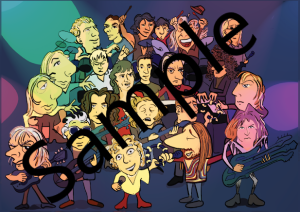
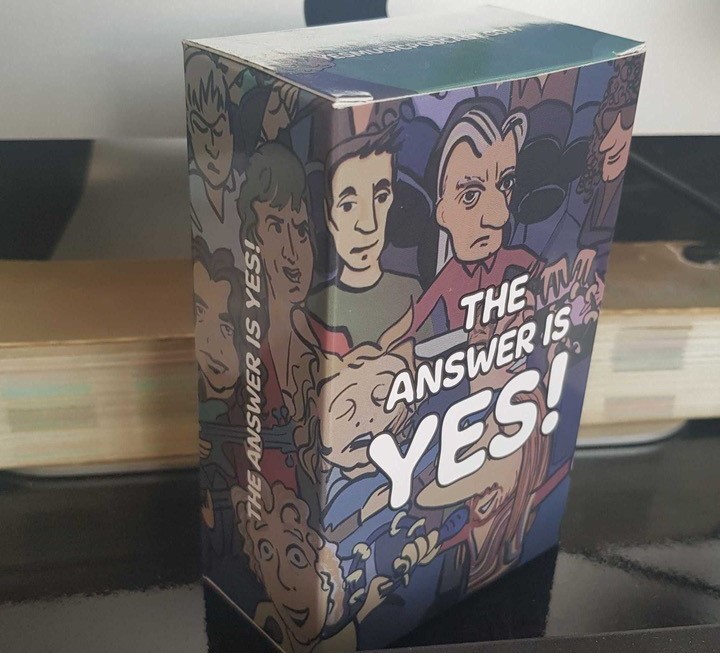
YMP Patrons:
Producers:
- Jeffrey Crecelius and
- Wayne Hall
Patrons:
| Aaron Steelman | Dave Owen |
| Mark James Lang | Paul Tomei |
| Joost Maglev | David Heyden |
| Martin Kjellberg | Paul Wilson |
| Bob Martilotta | Lind |
| Michael O’Connor | William Hayes |
| Brian Sullivan | David Pannell |
| Miguel Falcão | Lobate Scarp |
| Chris Bandini | David Watkinson |
| Neal Kaforey | Rachel Hadaway |
| Craig Estenes | Dem |
| Paul Hailes | Mark ‘Zarkol’ Baggs |
| Doug Curran | Robert Nasir |
| Fergus Cubbage | Scott Colombo |
| Fred Barringer | Gary Betts |
| Geoff Bailie | Simon Barrow |
| Geoffrey Mason | Stephen Lambe |
| Guy R DeRome | Steve Dill |
| Henrik Antonsson | Steve Perry |
| Hogne Bø Pettersen | Steve Rode |
| IanNB | Steve Scott |
| Jamie McQuinn | Steven Roehr |
| Ken Fuller | Terence Sadler |
| Michael Handerhan | Tim Stannard |
| Jim | Todd Dudley |
| John Cowan | Tony Handley |
| John Holden | Joseph Cottrell |
| John Parry | Keith Hoisington |
| John Thomson | Barry Gorsky |
| Alan Begg |
Robert and David
Please subscribe!
If you are still listening to the podcast on the website, please consider subscribing so you don’t risk missing anything:


Subscribe on Android
Listen on Stitcher
Theme music
The music I use is the last movement of Stravinsky’s Firebird Suite. This has been used as introduction music at many Yes concerts. My theme music is not take from a live concert – I put it together from: archive.org
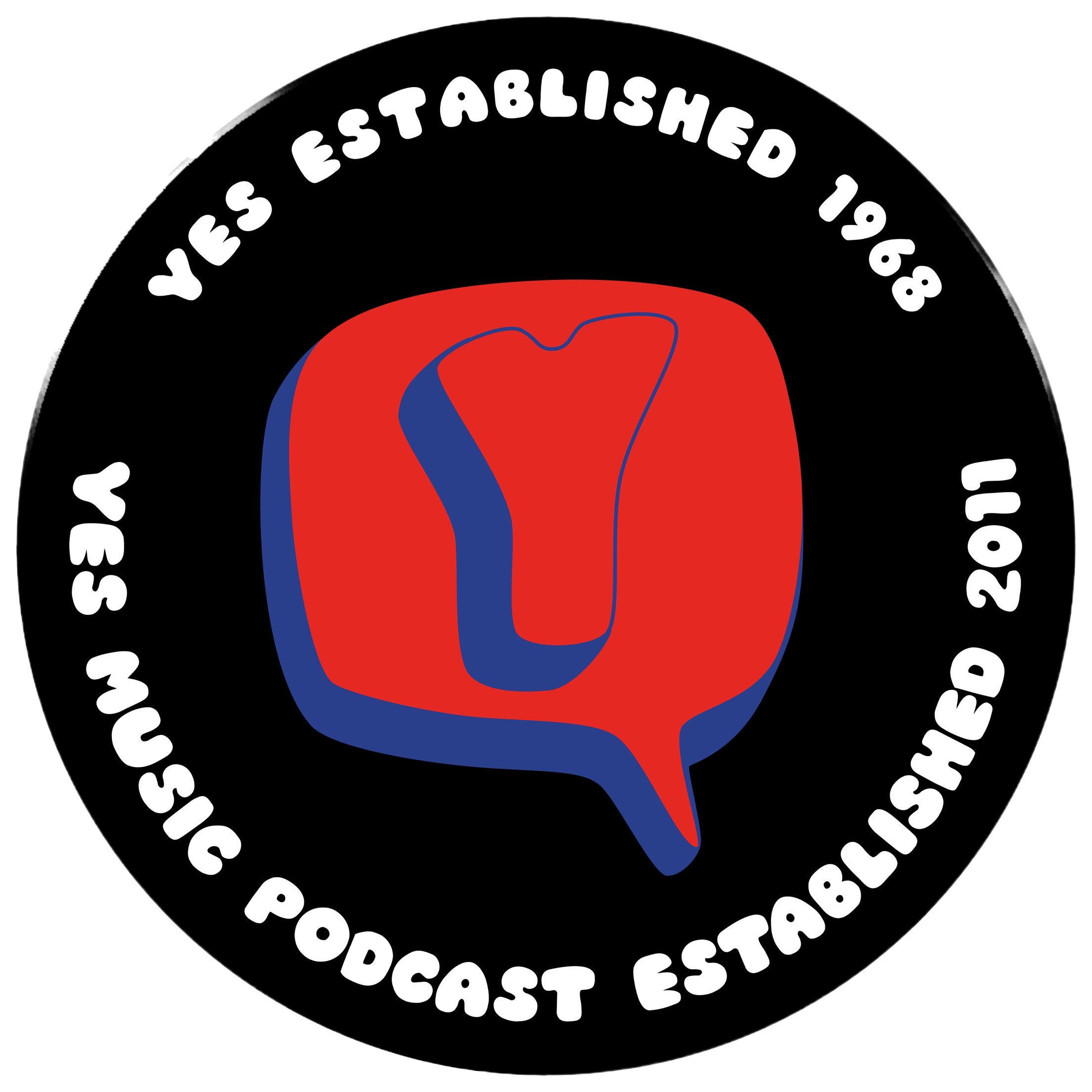
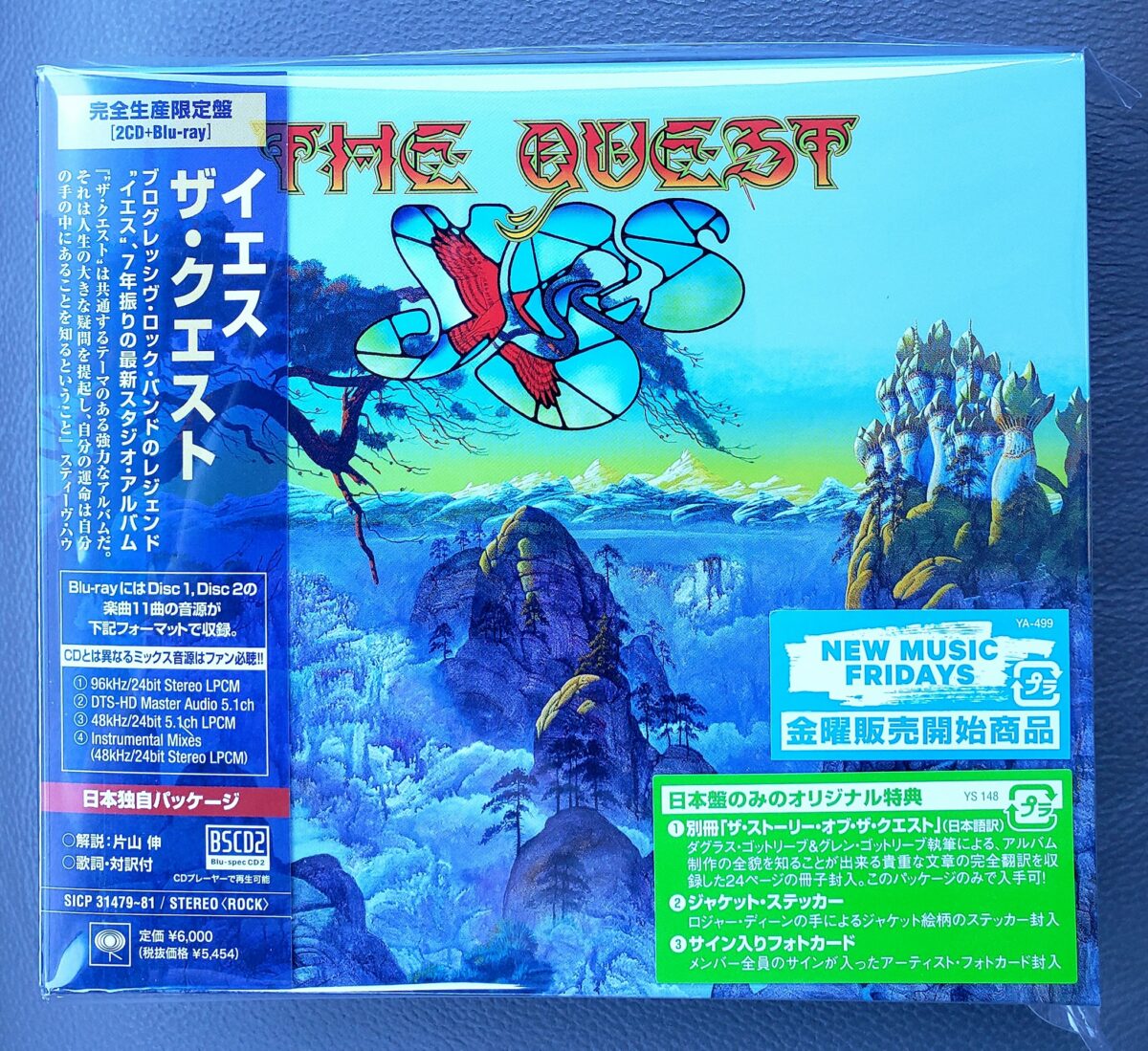
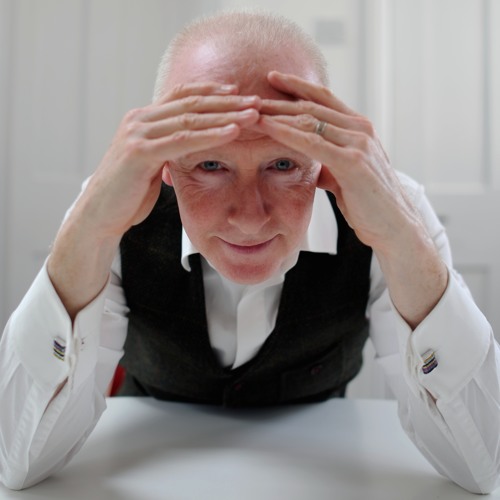
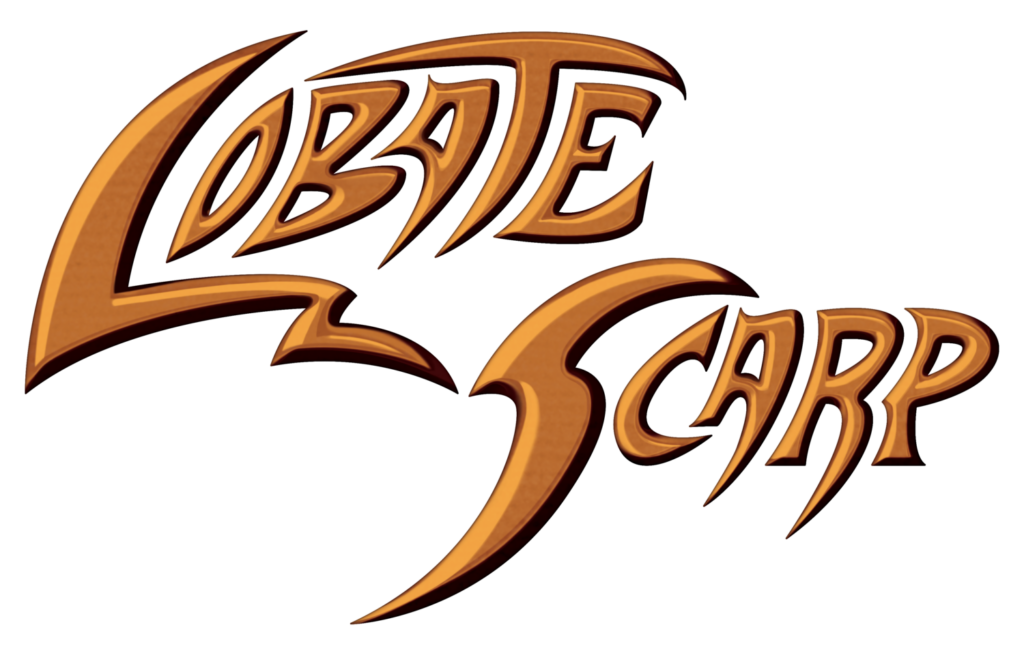
9 replies on “We talk to Paul K Joyce about his orchestrations for The Quest and collaborating with Steve Howe – 504”
What a delightful conversation with Paul K. Joyce, whose contributions to both ‘Time’ and ‘The Quest’ I greatly appreciate. Seems a lovely and thoughtful chap. Anyone who has been influenced somewhat by Yes, Tangerine Dream and Steve Reich is bound to be interesting!
I’m in strong agreement with Paul regarding orchestral players. It’s maturity and ability, rather than age that counts, and neither youth nor age guarantees or precludes either. (That said, earlier today I had the immense pleasure of listening to the youthful Royal Academy of Music turn in one of the finest performances I’ve ever heard of one of my favourite C20th symphonies… a work reasonably regarded as very challenging. Guided by an experienced conductor who knew and loved the music intimately, they turned in a heart-stopping performance. Maybe it’s that combination that resulted in the necessary musical alchemy.)
Regarding the YesSymphonic tour, it worked in Europe because the youth orchestra really had time to absorb – and learn appreciate and enjoy – the music. Some of the scratch orchestras in North America, with no pre-sight of the score, players of varying experience, and just one afternoon run-through to prepare (without the band), proved rather ropey.
Paul is also very right about the importance of economy and appropriateness to musical context in shaping orchestral instrumentation and arrangement… which is why what he and the orchestra have provided for ‘The Quest’ works so well – including the neatly-crafted 16 bar interlude on “Dare to Know” ( even if it is just a wee bit too sweet in the string department for my tastes).
One point of disagreement, though: ‘Topographic Oceans’ should *never* be shortened by a single note, let alone by the equivalent of two sides. I couldn’t disagree more with the proposition that it is ‘padded’… indeed the instrumental sections, which seems to be what most people are referring to when they say this, were what made me fall in love with it in the first place. Unlike most rock music it has shifts in mood, dynamics, form and texture which lend it an extraordinary richness. Reducing it to a collection of songs strung together would lose that quality. I still think that, along with ‘Close to the Edge’ and ‘Relayer’, ‘Tales’ an unalloyed Yes masterpiece (perhaps the pre-eminent one, as Steve Wilson has said), and I can rarely listen to one side alone. The whole 80+ minutes ebbs and flows perfectly, necessarily… and coherently, as I try to illustrate in the relevant chapter of my book ‘Solid Mental Grace: Listening to the Music of Yes’.
That difference aside (sorry for the rant!), a really good interview once again, and all the very best to Paul for his future ventures and collaborations…
Hi Simon,
Great to read your erudite comments. It was a really enjoyable interview.
Best wishes,
Paul
Hey Simon,
Interesting comments. ..but Tales really would have benefited from some editing. The Remembering is decent but there are many dull moments to my ear and The Ancient is very experimental. .but I can’t help my feelings in regard to it …Steve Howe is quite possibly the greatest lap steel guitar I’ve heard but his playing in the Ancient is head scratching. ..it doesn’t fit at all…the best part of the song is the Leaves of Green section.
These are just my opinions…
We hear these tracks very different, Mark (and that’s fine, of course).
I can’t find anything remotely “dull” in ‘The Remembering’, and ‘The Ancient’contains some of the most experimental music Yes ever did, pivoting around Steve Howe’s remarkable guitar work. To my ears it is as coherent as it is exploratory. Its sound world samples Eastern music and probably makes most sense in that context. Mahavishnu is clearly an influence.
The climax at the end of ‘The Remembering’ is, for me, one of the three or four most exciting and energising moments in the whole span of Yes music. But it depends, crucially, upon the incorporation, referencing and culmination of themes throughout the whole piece (and beyond, as it also recapitulates from ‘The Revealing’.) That is why I don’t want to lose a single note of the piece.
I have to be honest and say that editing ‘Tales’ would, for me, be as senseless as ‘editing’ Mahler’s Symphony No. 2 (though I’m not comparing the two). It might make it easier to listen to for some, but it would lose its larger scope and vision, and its integral character. That would be musical vandalism as far as I’m concerned, and I’m relieved and delighted that Jon Anderson’s occasional threats to do a redux of the album – possibly at moments of over-sensitivity towards its critics – have never seen the light of day.
All this is ultimately a matter of taste, of course!
Another good interview’ are we in the middle of a purple patch? Time will tell but the recent interviews have all been excellent.
I love the fact that it would be so easy or indeed elitist to dismiss an artist whose writing credit includes Bob the Builder (a million people can’t be wrong?) but by scraping the surface we find the influence of the likes of Steve Reich!
I hope ‘off air’ you were able to recommend DBA’s latest record which of course has an abundance of the spoken word.
Hi Simon,
Great to read your erudite comments. It was a really enjoyable interview.
Best wishes,
Paul
Hi Gary,
Good to read your comments. It’s good to be appreciated as a polymath, rather than a one-hit wonder!
Best wishes,
Paul
Mr Mulryne, you are spiling us with these interviews. I found it very interesting to learn how Paul managed make his journey through what most of us might consider very different forms of music and instrumentation, but almost seems to shrug off any differences – “It’s all just music” seems to be his attitude. No pomposity, no snobbery, just a love of writing and arranging things that appeal to him. Bravo!
I have to agree with Simon Barow about Tales, though. I’ve often tried the mental exercise of shortening it, but when I imagine bits removed, I simply doesn’t work. (Looking forward to reading the updaed version of your book, Simon)
I don’t know how you keep these episodes coming – and if you ever run short of ideas, we’ve still got Yes Tracks Through Time and the A-Z of Yes to fall back on!
Another enjoyable chat, it’s always interesting to hear how people’s stories interlock and eventually come round to joining the Yes inner circle of creatives Yes choose to use.
I think the reason those who come to the conclusion that Tales should be halfed or shortened is that it takes a good deal of time, maybe years or decades of listening, to get your head in the same place as Jon Anderson and Steve Howe at the time they wrote it. Read the liner notes and imagine the story in four different parts and then listen to their interpretation of the story and I think it becomes clearer. Also this was progressive Yes going as large as they could, after the press teasted Yes to come up with something bigger than CTTE, feeling unstoppable even if there was less toe tapping to be had.
The four sides work I think, but only when you know what they were aiming for and as a listener will give it time to play out.
Again this is just an opinion and luckily we all have one, also tbh it took me decades to get the importance of side two and three as they tell the story so maybe even I would have been confused and mind blown if I had attended a live show on the Topo tour without even knowing the music, now that was brave of them.
Back to 2021 and I’ll just add my congratulations on the orchestral arrangements to The Quest.